Wema Bukembe Development Organization
Climate Change Series: session 4
- Home
- Climate Change Series: session 4
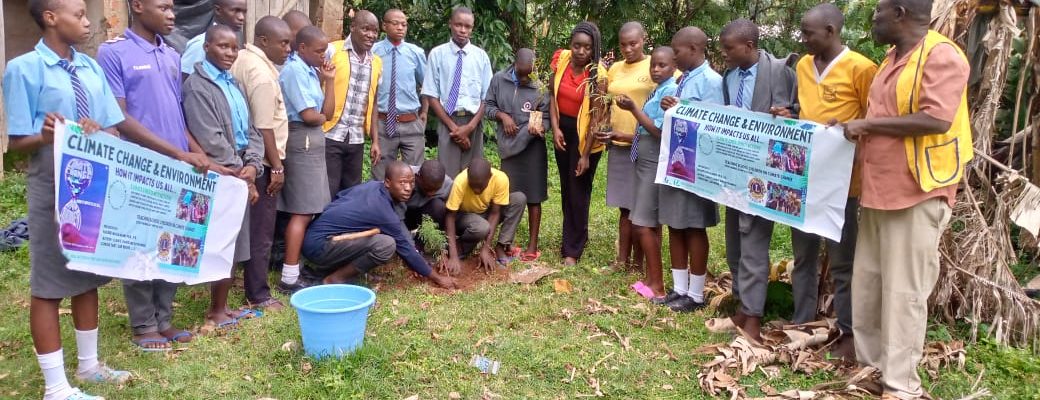
Today marks the fourth session of our series on Climate Change and Environment. We explored the topic of Energy and covered a range of energy sources, including kinetic, geothermal, solar, nuclear, chemical, and potential energy. A significant point of discussion was the observation that while the rate of population growth has slowed since 2000, global energy consumption has been experiencing exponential growth and is projected to reach a staggering 1400 quadrillion btu/year by 2100. This trajectory is unsustainable unless we prioritize energy efficiency and reduce our overall consumption. Moreover, we examined the adverse impact of fossil and nuclear energy and emphasized the urgent need to transition to renewable energy sources like solar power, wind power, biofuels, small-scale hydroelectric plants, and the utilization of energy derived from solid and liquid waste. In particular, we explored several techniques for converting liquid and solid waste into energy, including composting organic solid waste to create organic fertilizer, converting food and animal waste into biogas, and utilizing sludge from wastewater treatment plants to generate clean biogas for powering these facilities. The energy supply sector demands innovative solutions, presenting numerous opportunities for groundbreaking advancements, and several states offer funding to encourage startups involved in energy supply innovation. The children were challenged to be creative and come up innovative ways to save energy in their school and homes. Please find appended to the conclusion of this document some of the illustrations from today’s class.
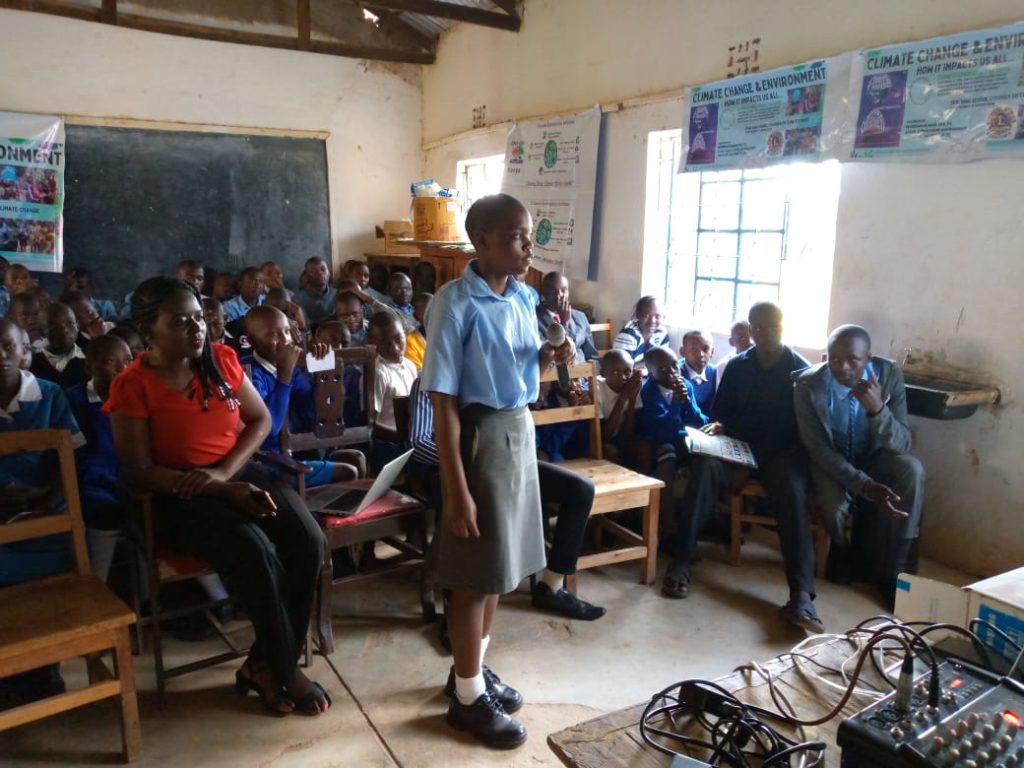
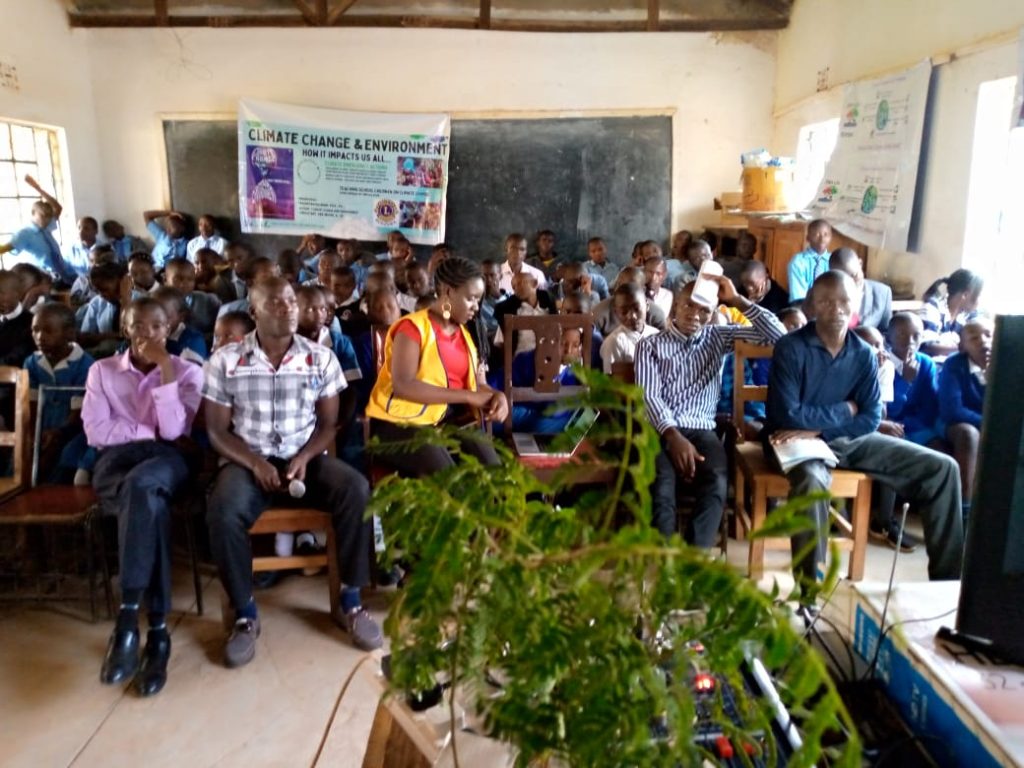
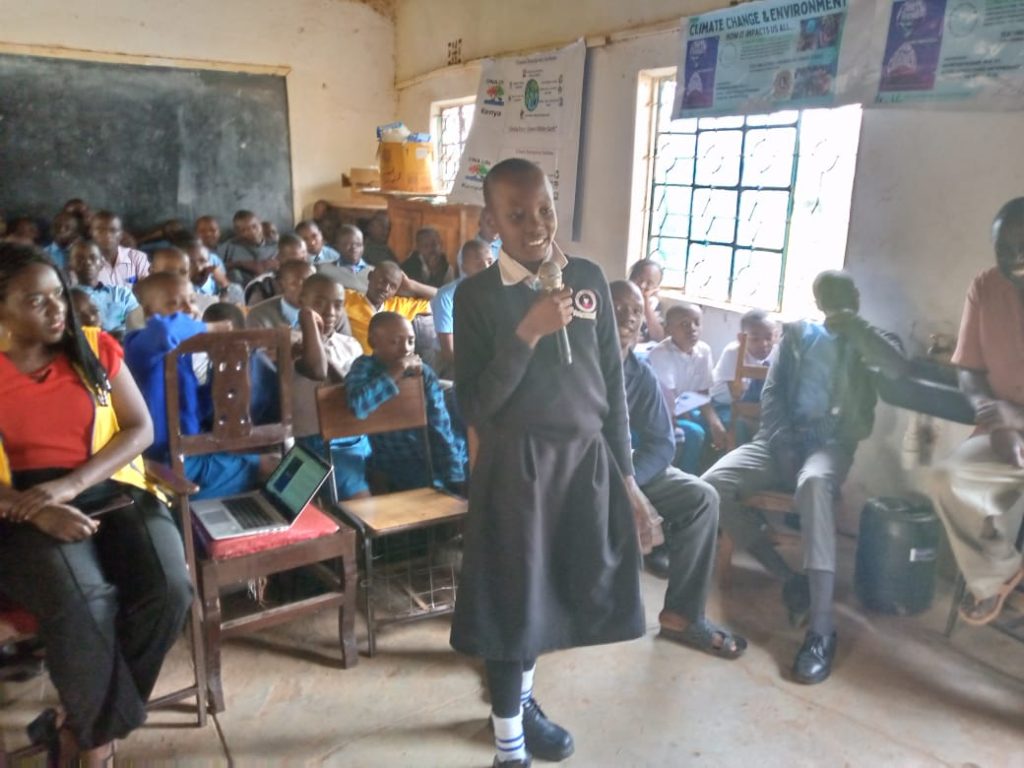
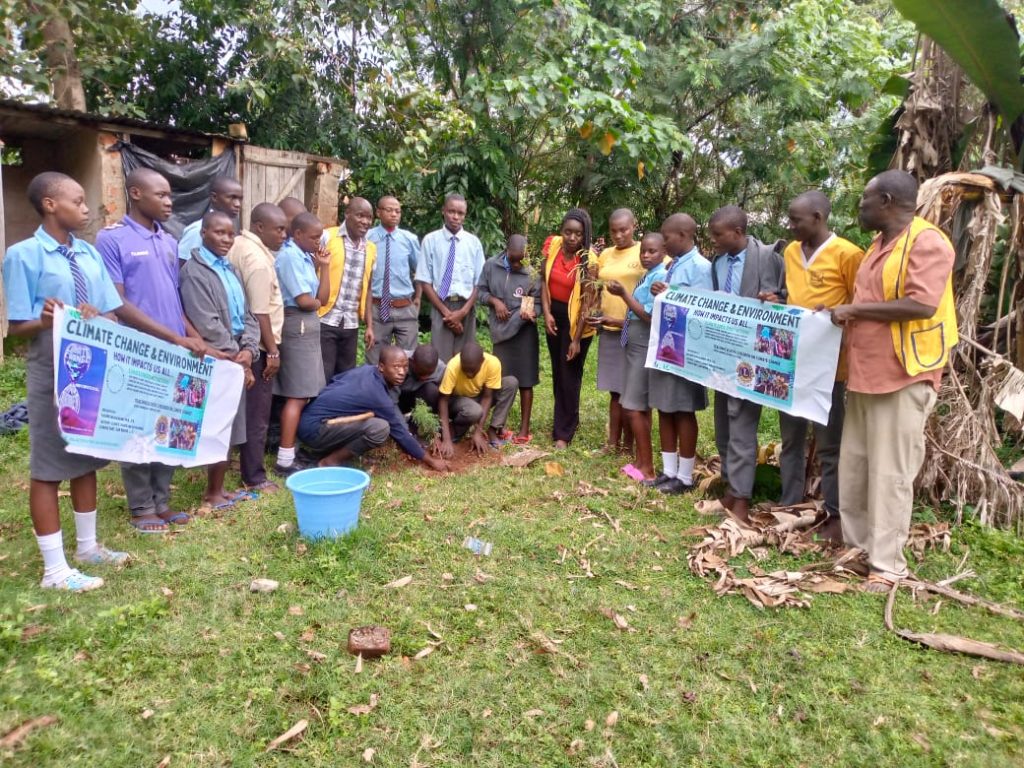
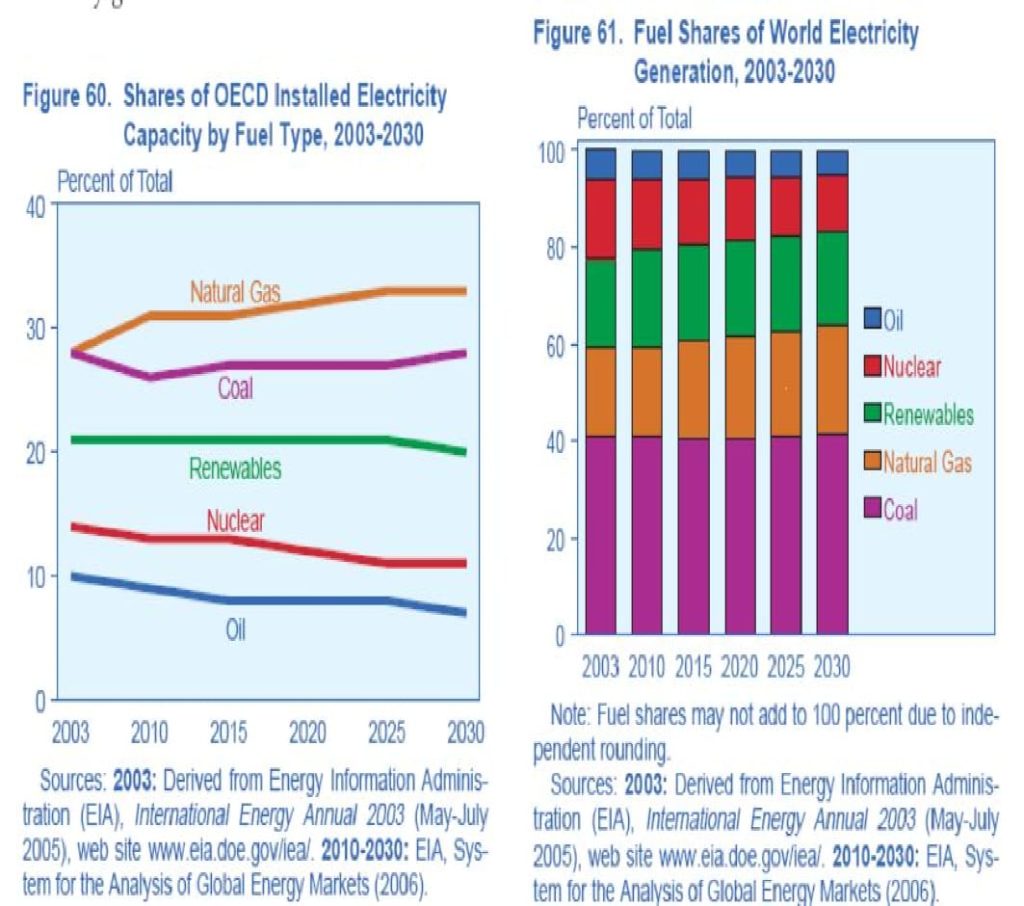
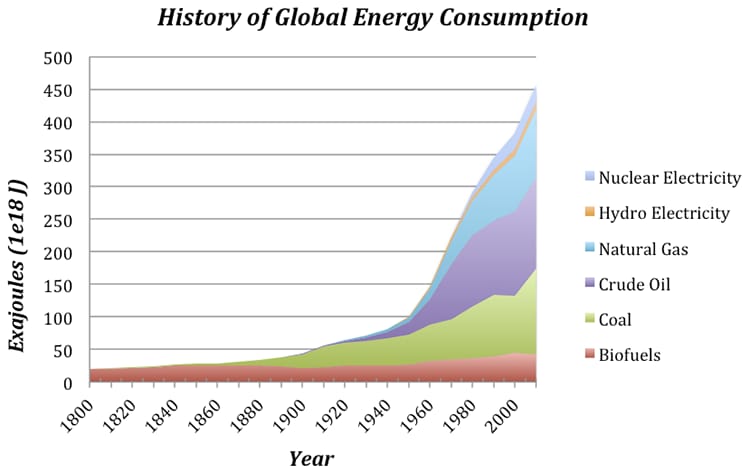
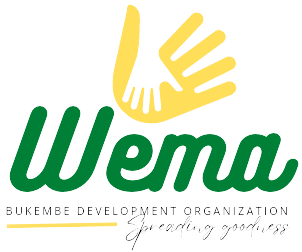
Leave A Comment